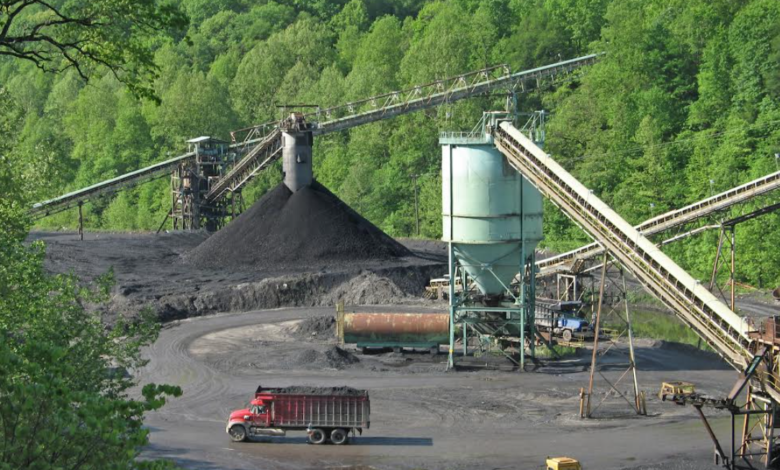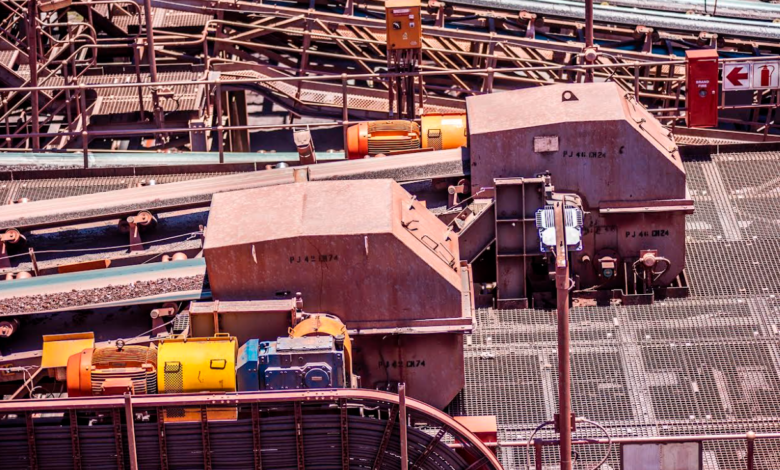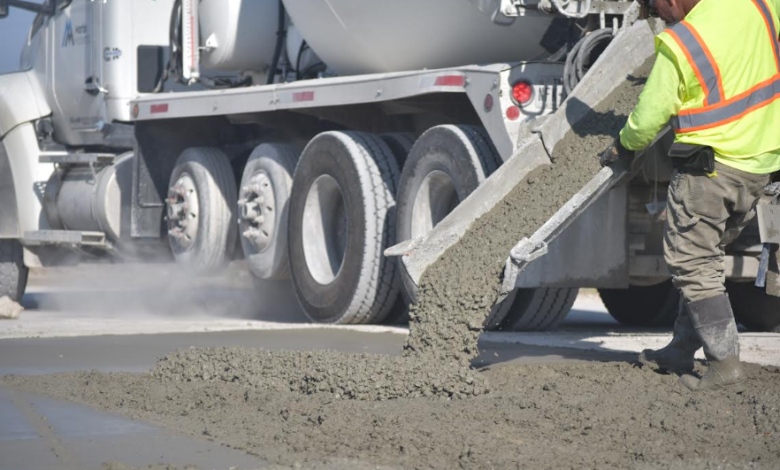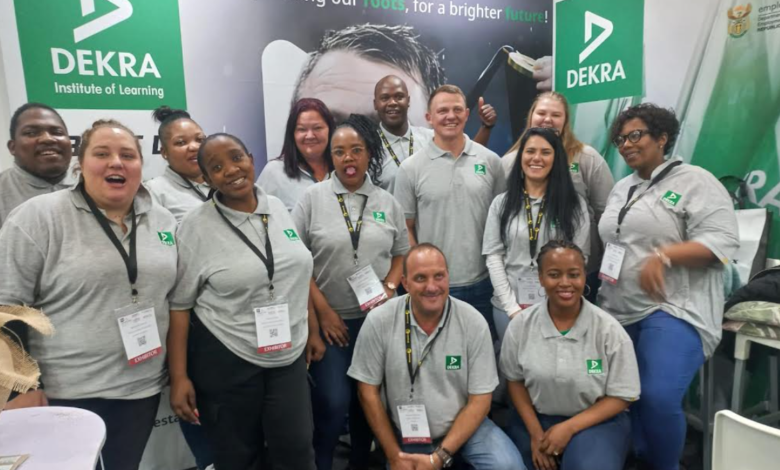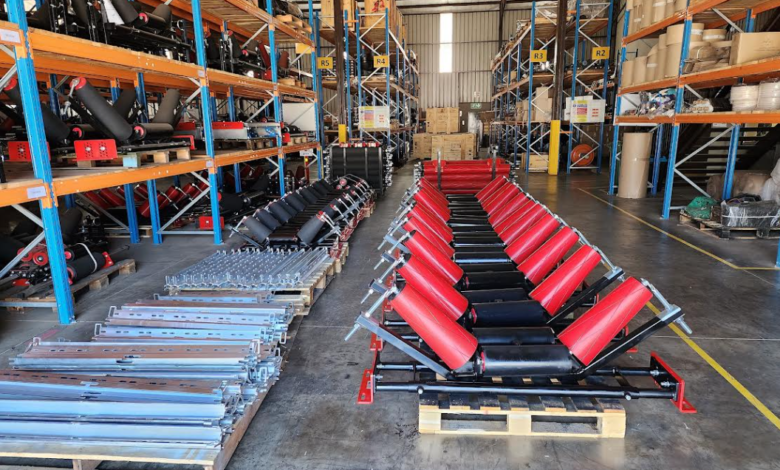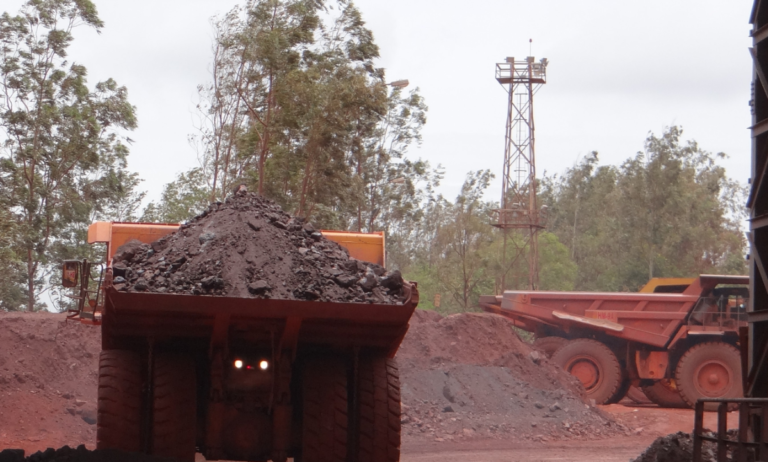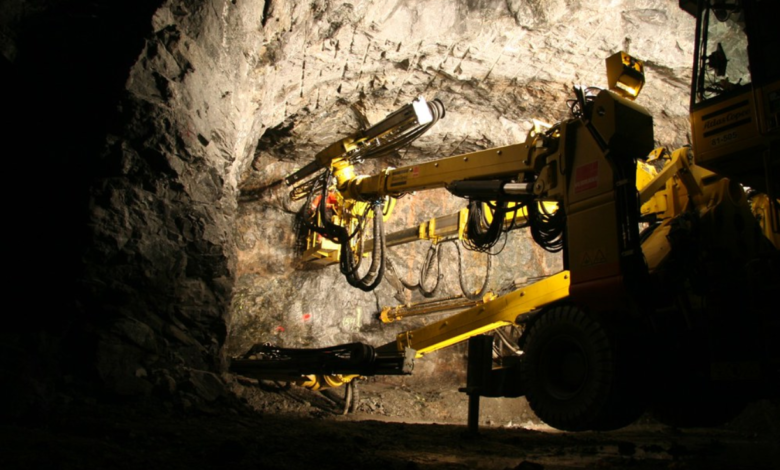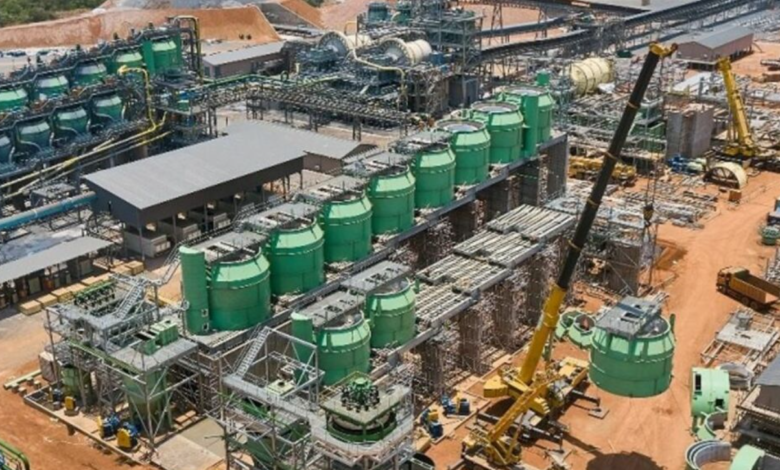Processing and transporting coal happens in harsh operating conditions. This is largely due to the presence of fine coal particles, called duff, and their corrosive impact on mechanical parts.
This means that it’s essential to use lubricants designed to repel duff and dirt to protect equipment at all stages across the coal-handling ecosystem. Gavin Ford, National Marketing Manager at Lubrication Engineers (LE) South Africa says that coal industry operators should take a two-pronged approach by using high-quality lubricants, applied in the right quantities and at the necessary intervals, in conjunction with key maintenance techniques.
“Along with fine particles, heavy loads, shocks and jars are typical of coal operations and lubricants designed to withstand these conditions are essential to ensure maximum efficiency; but these do need to be paired with making sure that key components are cleaned well before a lubricant is applied,” says Ford.
As duff is by nature extremely fine and pervasive, managing contamination in components like gear teeth surfaces, fill pipes, grease fittings and plugs need to get special attention in coal-processing environments. Correct storage of lubrication supplies is also important, so that foreign matter is not re-introduced when lubricants are applied.

